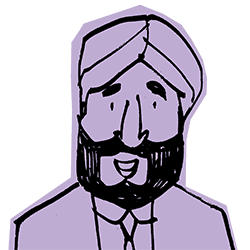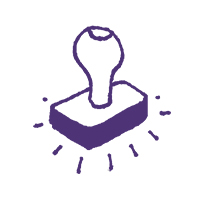Required Training for this Role
You need to do an approved full or part time Masters degree in Art, Drama or Music Therapy and then register with the Health and Care Professions Council (HCPC). Apprenticeships for arts therapists, including art therapists, drama therapists and music therapists are now becoming available, but opportunities are currently limited. You'll need to apply for an apprentice position with a health care provider. You can search for vacancies on the NHS Jobs website and the Find an Apprenticeship website.













